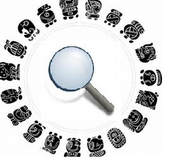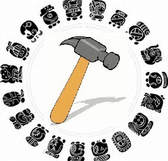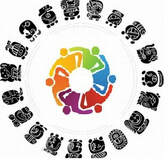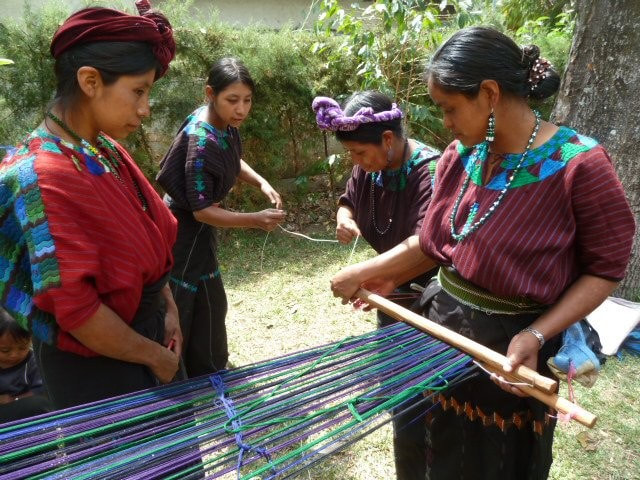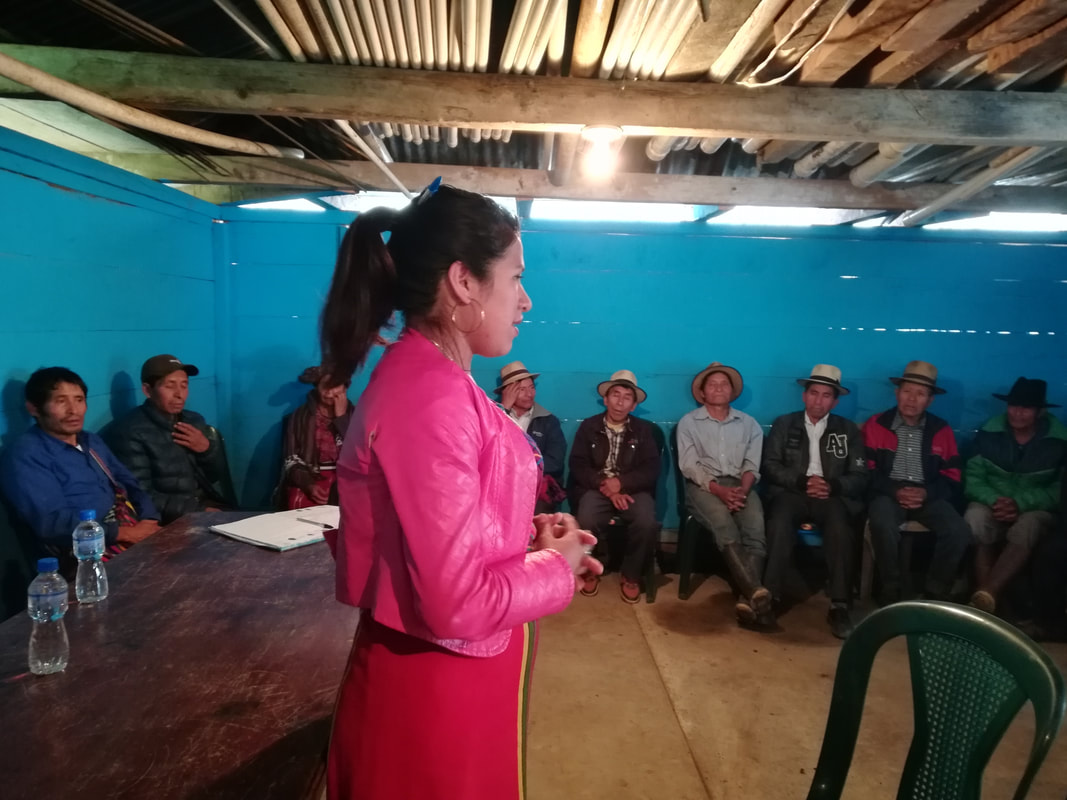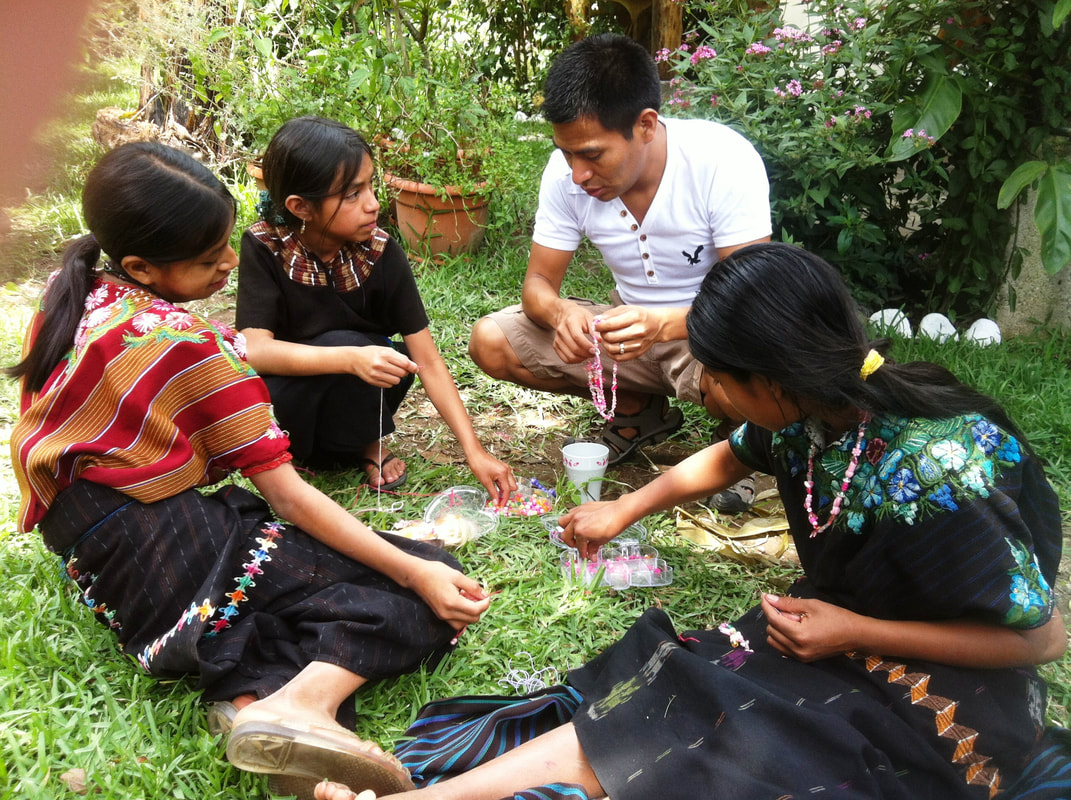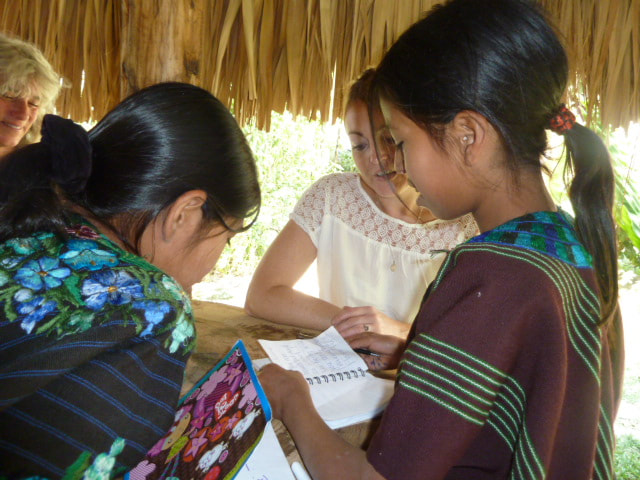AMOR's educational programming has three main focuses:
- Building education centres
- Indigenous knowledge and language revival
- Girls' education
Education Centres
Our flagship Education programme, QUETZAL, builds Education Centres in the form of modern pyramids that also serve as Adult Skills Centres and Community Transformation Hubs. QUETZAL is helping thousands of indigenous children like Rosa who have never studied before access and complete a quality education that respects their culture and realise their dreams. Children are given a humane education that frees them to realise their full potential, while parents develop their talents to support their families.
The Afretlain Education Centre is the new home of the dream and AMOR´s programmes in Guatemala. The Centre will be built on the foundations of 24 years of history. Above all, it will be built in the name of the 115 children who perished in the Chiul well massacre, and of all the victims of the Mayan holocaust in Guatemala.
The Afretlain Education Centre will also serve as an Adult Training Centre in the K´iche´ Mayan village of Chiul in Guatemala. Chiul is a war-devastated area where only one in ten children attend school, the majority obliged to work from the age of five by an extreme poverty imposed by the policies of successive governments.
The Peace Accords were signed in 1996 after 36 years, yet the war continues. Over twenty years later, the indigenous people still suffer discrimination, human rights abuses and are drowning in a lake of extreme poverty, where education is a million light years away. Over twenty years later, they are languishing in the corners of that star of prosperity that is Guatemala. Depriving children of education is one of the greatest rights abuses that indigenous people face today.
The Centre is the lifelong dream of AMOR Founder Arnulfo Gomez Oxlaj.
The Afretlain Centre will provide a humane, multilingual education that preserves the Mayan culture and language, for a village without culture is without foundations; an education that doesn´t programme children but instead helps develop their gifts and talents, providing a pathway to building equality, peace and a green world.
The Afretlain Education Centre is the new home of the dream and AMOR´s programmes in Guatemala. The Centre will be built on the foundations of 24 years of history. Above all, it will be built in the name of the 115 children who perished in the Chiul well massacre, and of all the victims of the Mayan holocaust in Guatemala.
The Afretlain Education Centre will also serve as an Adult Training Centre in the K´iche´ Mayan village of Chiul in Guatemala. Chiul is a war-devastated area where only one in ten children attend school, the majority obliged to work from the age of five by an extreme poverty imposed by the policies of successive governments.
The Peace Accords were signed in 1996 after 36 years, yet the war continues. Over twenty years later, the indigenous people still suffer discrimination, human rights abuses and are drowning in a lake of extreme poverty, where education is a million light years away. Over twenty years later, they are languishing in the corners of that star of prosperity that is Guatemala. Depriving children of education is one of the greatest rights abuses that indigenous people face today.
The Centre is the lifelong dream of AMOR Founder Arnulfo Gomez Oxlaj.
The Afretlain Centre will provide a humane, multilingual education that preserves the Mayan culture and language, for a village without culture is without foundations; an education that doesn´t programme children but instead helps develop their gifts and talents, providing a pathway to building equality, peace and a green world.
Our Approach
Take Action
HELP BUILD THE DREAM
Indigenous Knowledge Revival
For the Mayan ancestors, all of creation is here to serve others and enjoy the riches of the universe - humans, the earth, animals, plants, the waters, sun, moon, stars and air – everything and everyone. This is the design for peace and health. Our ancestors have guarded this knowledge throughout the ages despite successive holocaust campaigns to wipe us out. This wisdom has helped us live in peace for millennia, and AMOR believes it to be not only the key to our own survival, but also the missing link for the world today in its search for happiness and success.
AMOR's Indigenous Knowledge Revival Projects help revitalise, preserve and share ancestral knowledge, prohibited for centuries, with indigenous communities and the world.
In today's world, millions of young people full of potential and talents that could transform the world instead face a gloomy future, deprived of the opportunities of their parents, inheritors of an increasingly disconnected world in which young people are forced into an intense competition with each other, a future with increasingly less opportunity or hope. In native communities, young people are pressurised by systemic racism to abandon their traditional practices ad knowledge. Yet this knowledge could transform many lives.
We seek to redress this in the following ways:
Awareness Building: Our projects document ancestral wisdom and worldviews in such a way that they can be shared with the rest of humankind. Ancestral wisdom may seem to some far removed from some people's lives, yet it is a treasure trove for all of humanity, allowing the world to learn from the experience accumulated through millennia by Native Peoples in relating to each other and the natural world in a more balanced and respectful way.
Earth Stewardship: Native Peoples are at the front-line of environmental devastation as their sacred lands become targets for exploitation and economic gain. Our projects protect our Earth and promote the values of reciprocity and respect that are at the heart of sustainable living.
Education: Our projects teach and inspire children and youth to learn from and participate in the traditional practices of their peoples: singing their songs, following their ceremonial cycles, and learning about traditional knowledge and medicine.
Food and Healing: Our projects in indigenous communities are aimed at keeping traditional food, healing sources, and practices alive, both for the sustenance of the people and the creation of awareness about the ways in which the earth continually supports us, individually and collectively.
Language, Art and Culture: Our projects help revitalise native languages and arts, celebrating the richness of diversity necessary for cultures to flourish.
AMOR's Indigenous Knowledge Revival Projects help revitalise, preserve and share ancestral knowledge, prohibited for centuries, with indigenous communities and the world.
In today's world, millions of young people full of potential and talents that could transform the world instead face a gloomy future, deprived of the opportunities of their parents, inheritors of an increasingly disconnected world in which young people are forced into an intense competition with each other, a future with increasingly less opportunity or hope. In native communities, young people are pressurised by systemic racism to abandon their traditional practices ad knowledge. Yet this knowledge could transform many lives.
We seek to redress this in the following ways:
Awareness Building: Our projects document ancestral wisdom and worldviews in such a way that they can be shared with the rest of humankind. Ancestral wisdom may seem to some far removed from some people's lives, yet it is a treasure trove for all of humanity, allowing the world to learn from the experience accumulated through millennia by Native Peoples in relating to each other and the natural world in a more balanced and respectful way.
Earth Stewardship: Native Peoples are at the front-line of environmental devastation as their sacred lands become targets for exploitation and economic gain. Our projects protect our Earth and promote the values of reciprocity and respect that are at the heart of sustainable living.
Education: Our projects teach and inspire children and youth to learn from and participate in the traditional practices of their peoples: singing their songs, following their ceremonial cycles, and learning about traditional knowledge and medicine.
Food and Healing: Our projects in indigenous communities are aimed at keeping traditional food, healing sources, and practices alive, both for the sustenance of the people and the creation of awareness about the ways in which the earth continually supports us, individually and collectively.
Language, Art and Culture: Our projects help revitalise native languages and arts, celebrating the richness of diversity necessary for cultures to flourish.
Support the revival of indigenous knowledge today.
Girls' Education
AMOR's Girls' Education programme changes the equation for hundreds of Mayan girls, helping them stay in school longer and develop strong life skills that will serve them well into the future. Whether or not a girl stays in school has an astounding effect not only on her quality of life, but also on her future. AMOR believes that educating girls is key to ensuring sustainable long-term development, prosperity and independence for Guatemala. An educated population will help bring about a more vibrant civil society, as well as increase the numbers of people available to offer their skills, knowledge and expertise to support the development of their communities.
Education also has a particularly significant impact for women. Evidence suggests that girls who complete primary and secondary education have smaller families, improved health outcomes and earn significantly higher wages.
Project activities include: raising awareness of the value of women and girls; providing support and incentives for girls’ education, particularly during secondary school transition years, and working with teachers and local government to encourage an inclusive approach. This is achieved through gender-inclusive teacher training, girls' clubs, gender equity scorecard systems and public talks on the importance of girls' education.
Education also has a particularly significant impact for women. Evidence suggests that girls who complete primary and secondary education have smaller families, improved health outcomes and earn significantly higher wages.
Project activities include: raising awareness of the value of women and girls; providing support and incentives for girls’ education, particularly during secondary school transition years, and working with teachers and local government to encourage an inclusive approach. This is achieved through gender-inclusive teacher training, girls' clubs, gender equity scorecard systems and public talks on the importance of girls' education.

